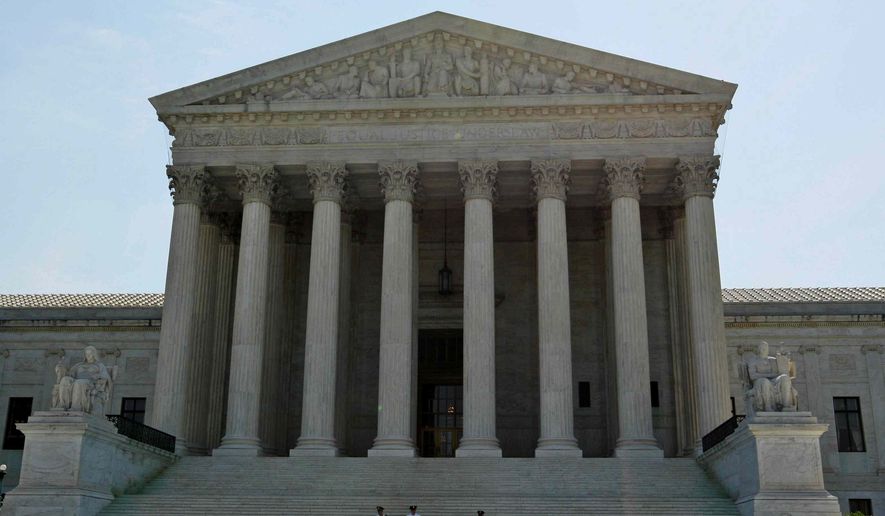The Supreme Court said Monday that prisoners who were sentenced to serve life without parole as teenagers must be able to petition for their release from prison as adults.
Evoking an earlier decision handed down by the high court in 2012, Justice Anthony Kennedy wrote in the ruling that convicted killers currently serving life behind bars for crimes committed while underage can challenge their incarceration because the bench has since decided that mandatory life imprisonment for minors violates the U.S. Constitution’s ban on cruel and unusual punishment.
Monday’s 6-to-3 decision was made in response to a challenge brought by 69-year-old Henry Montgomery, a Louisiana man who is serving a life sentence for having killed a sheriff’s deputy in 1963 at the age of 17.
Montgomery has spent the last several decades in prison without the chance of parole, but now he and as many as 1,500 others who are similarly serving mandatory life sentences for crimes they committed as kids may be able to fight for their release following the Supreme Court’s ruling.
“Prisoners like Montgomery must be given the opportunity to show their crime did not reflect irreparable corruption; and, if it did not, their hope for some years of life outside prison walls must be restored,” Justice Kennedy wrote for the majority opinion.
“Allowing those offenders to be considered for parole ensures that juveniles whose crimes reflected only transient immaturity — and who have since matured — will not be forced to serve a disproportionate sentence in violation of the Eighth Amendment,” he continued, adding that extending parole eligibility to the new class of convicts “does not impose an onerous burden on the states, nor does it disturb the finality of state convictions.”
Justice Kennedy was joined in the majority by Chief Justice John Roberts and the liberal side of the court’s bench: Justices Ruth Bader Ginsburg, Stephen Breyer, Sonia Sotomayor and Elena Kagan. In a dissenting opinion, however, Justice Antonin Scalia called the ruling “nothing short of astonishing” and said it was “a devious way of eliminating life without parole for juvenile offenders.”
“In Godfather fashion, the majority makes state legislatures an offer they can’t refuse: Avoid all the utterly impossible nonsense we have prescribed by simply ’permitting juvenile homicide offenders to be considered for parole,’ ” he wrote on behalf of the three justices opposed to the ruling. “Mission accomplished.”
• Andrew Blake can be reached at ablake@washingtontimes.com.




Please read our comment policy before commenting.